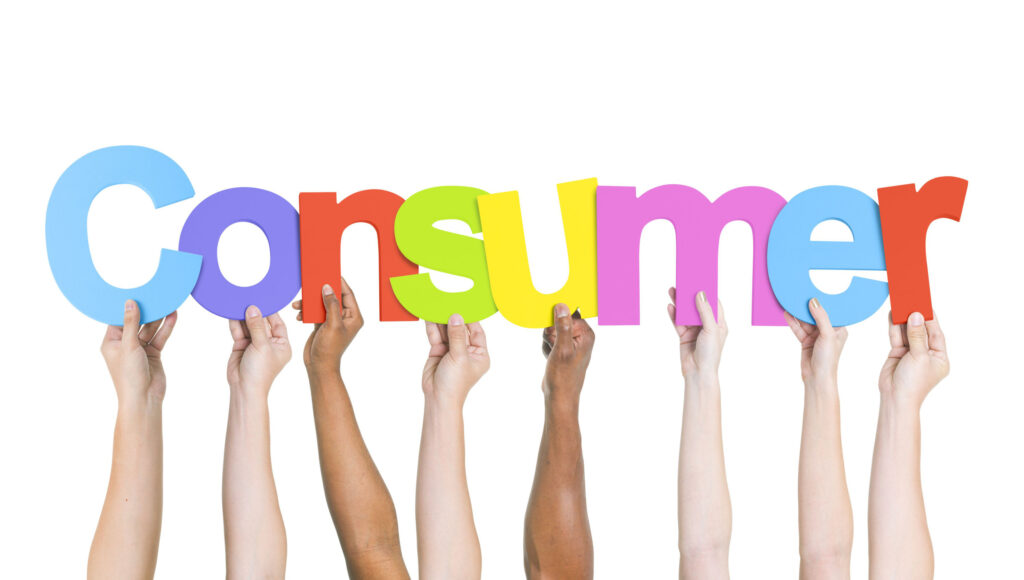Empathy: What Your Customers Need To See in your Marketing Campaigns

There are many tips on how to make marketing work for you, but no matter what technique you use, effective campaigns boil down to one basic premise: emotion. Your company, campaign, brand, product, and everything that has to do with marketing need to form an emotional bond with your customers.
The best kind of emotional link you can form with your customers is empathy. From the best of times, and especially in times of crisis like COVID-19, having empathy toward your customers can go a long way toward making your brand stand out.
Even before the COVID-19 pandemic, many marketers have been using empathy as a tool to build a connection with their audience that translates to higher sales for the company.
Having empathy in your marketing campaign can form a kind of connection that resonates with your audience. Successful marketers such as Heineken were able to create campaigns that bank on common ground to unite people with divided beliefs. These videos became viral–and not only did they reach 40 million views, but 80 percent of the viewers were also able to perceive the brand as something that brings people together. As a result, because of that perception, sales volume increased by 11.9 percent.
The success of these and other similar campaigns prove that emotional connections with brands are more powerful than the marketers’ traditional method: providing customers with pros, cons, specs, and numbers that may be informative, but leave them emotionally cold.
Companies using empathy in COVID-19
The COVID-19 crisis is providing a wealth of resources enabling brands to start connecting emotionally with their companies.
One of the companies that have taken full advantage of this is Nike. As a sports and athletics brand, it’s hard to imagine the company to still be gaining momentum at a time when fans cannot attend sports events. However, the company’s “Play for the World” campaign evoked a sense of strength and community that took the brand further even in COVID-19. The campaign screamed to the world that even in lockdown, a united people—even apart—can’t be stopped.
Tesco is another brand that was able to leverage the pandemic by encouraging people to talk about their issues. It created a platform where employees can make recommendations about safety measures that will keep their customers safe. Their connection was simple: these were real people assuring the public through their experience that, despite the pandemic, they can feel safe shopping in the company. The connection created with its audiences bumped up purchase intent by 48 percent and brand recall by 79 percent.
Using authentic content and messaging, ITV was able to empathize with customers going through hard times. Its video ad also gave them hope. The company evoked a message of connectedness: that though the virus is keeping us all apart, we can still connect with others. Positive perception of the brand increased by 39 percent, and bumped up purchase intent by 42.5 percent.
Lessons in empathic marketing
People who can relate to the brand’s message will be more attracted to the brand itself. Here are a few takeaways from the examples of the above successful marketing campaigns:
1. Gaining audience interest is key to effective advertising
Advertising will only connect with people who allow themselves to be connected by it. Companies can bombard people with their ads all day, but if people block it out of their minds, those same ads become a nuisance to them. Brands must find a way to gain public interest or risk losing them altogether.
2. Focus on what people care about
When people care about something, they devote their attention to it. For effective marketers, this means more than just attention. This means brand recall and loyalty. When people know that you care about the same things, it’s easier for them to support your brand by patronizing it.
3. It’s all about presenting yourself
People follow people and emotions are a big part of what makes us human. When your brand triggers their emotions, they see more than your product and your company. They see your brand’s personality, what you stand for, your mission and vision, and all that speaks volumes to people.
In any campaign, your brand needs to stand out from the crowd to make a sale. It cannot do that by pushing products and services into people’s faces all the time. People need to let you in first before they allow you to sell to them.
The COVID-19 situation presents a unique opportunity for your brand to show that you genuinely care, and that your company understands what people are going through. Empathize, then reach out: that is the foremost lesson for these times.